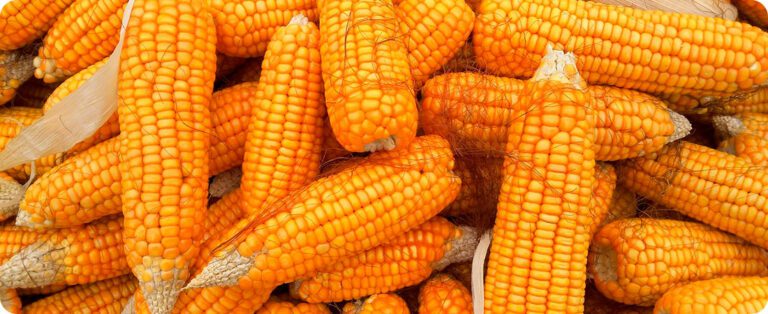
Image: Pixabay
The government of São Paulo announced this Thursday (12) the launch of the AgroSP+Seguro and Município AgroSP programs and the release of R$ 215 million for lines of credit and rural insurance, in addition to the reactivation of the health corridor on interstate borders. The bill to regulate artisanal cheese production in the state was also presented and geolocation maps of the rural areas of 63 municipalities were delivered.
According to information from the state government, the objective of the AgroSP+Seguro Program is to guarantee greater safety in the countryside with the delivery of 250 specific vehicles for patrols in rural areas in the first stage of the project. There will be 4×4 turbo diesel trucks with a double cabin, with the program’s visual identity and adapted with giroflex and technologies such as GPS and radio communication. The structuring of the security scheme will be the responsibility of municipal administrations.
Another announced program, Município AgroSP, aims to encourage the implementation of public policies aimed at the agribusiness sector at the municipal level, encouraging city halls to expand their social actions to improve the conditions of people living in rural areas. In the first cycle, 508 municipalities out of the 645 in the state will be able to participate.
{module Form RD}
Credit
To assist rural producers harmed by the pandemic, drought and frost, the state government will release R$ 100 million in emergency credit, which will be made available by Desenvolvimento-SP, through the São Paulo Agribusiness Expansion Fund. Another R$ 30 million will be allocated to Rural Insurance, totaling R$ 57 million in 2021.
The Department of Economic Development will also make available, through the People's Bank and in partnership with Sebrae, resources of up to R$ 50 million to assist farmers affected by the recent frosts in several regions of the state. Each producer will be able to obtain credit of up to R$ 21 thousand.
Another measure is the reactivation of the health corridors to place the state in the status of a foot-and-mouth disease-free region, without vaccination, in order to increase the value of animal products produced in the state in the national and international consumer markets.
“The borders will be monitored through the implementation of 14 fixed and 22 mobile barriers, with adapted and equipped vehicles. The actions will cover the borders of the states of Paraná, Mato Grosso do Sul, Minas Gerais and Rio de Janeiro”, explained the state government.
Clipping: agrolink | Source: Cepea












